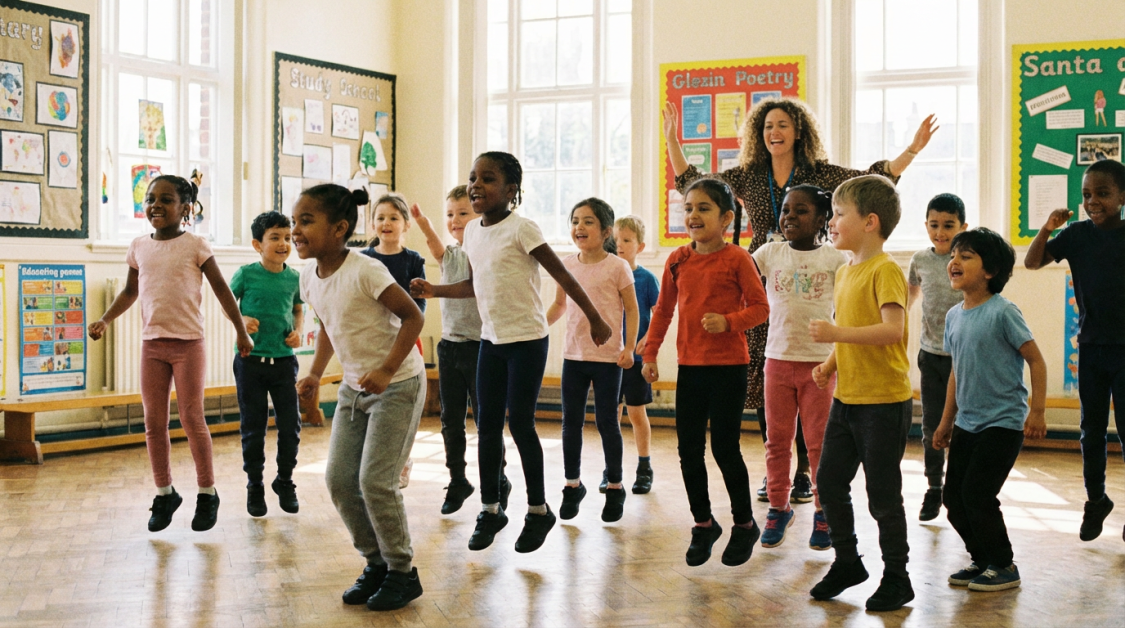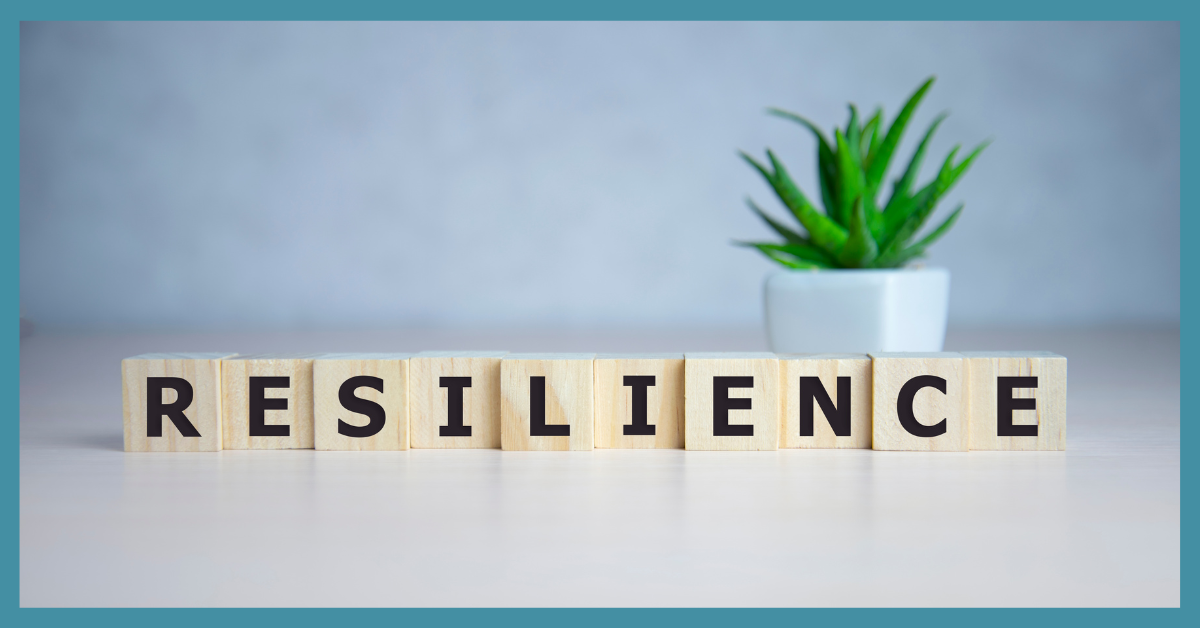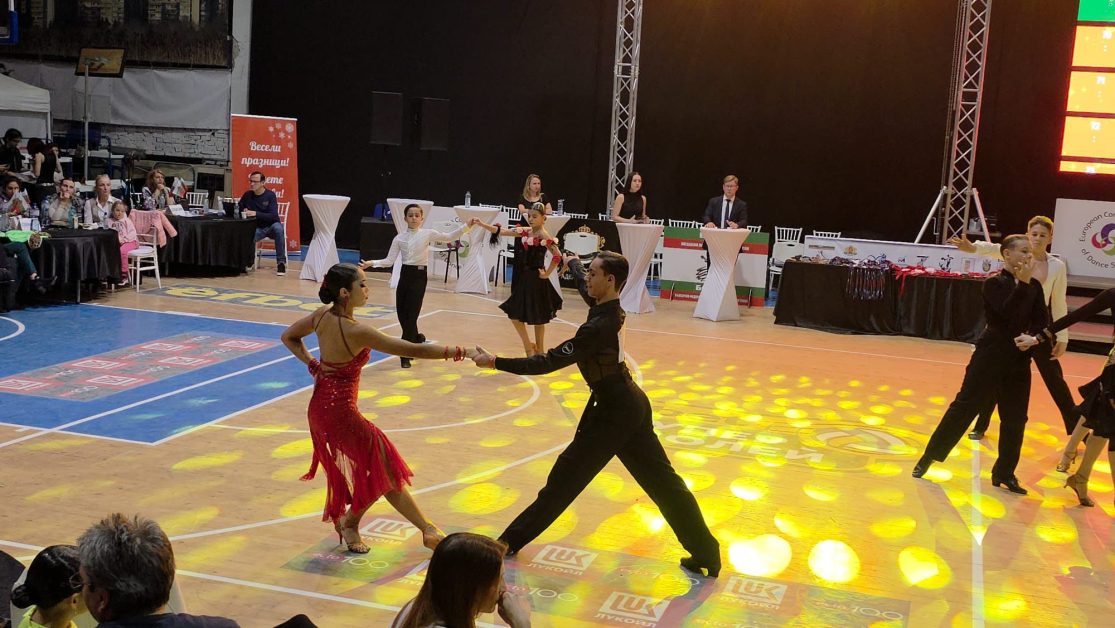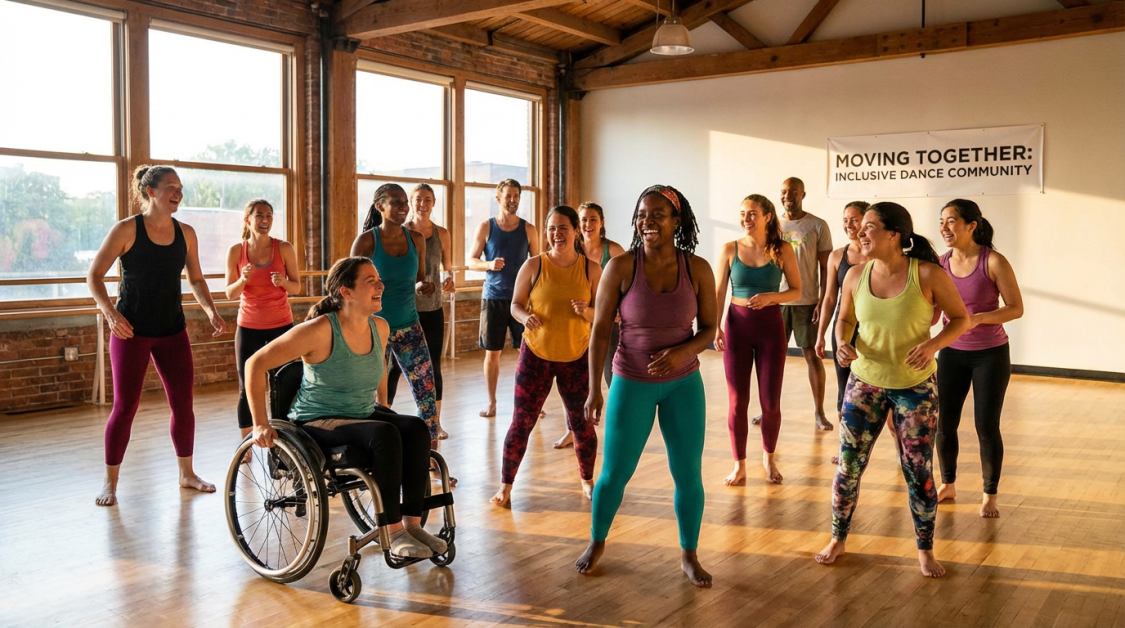The Benefits of Dance During GCSE and A Level Examinations

Dance, as both a physical and creative discipline, offers significant benefits to young people during key academic milestones such as GCSE and A Level examinations.
Evidence from across the education, health, and sport sectors demonstrates that engagement with dance supports emotional resilience, cognitive function, social development, and long-term wellbeing. The following summarises the key benefits, supported by referenced research and sector reports.
Mental Health and Emotional Wellbeing
Dance is proven to alleviate stress and anxiety, which are common during examination periods. The act of dancing releases endorphins, natural mood elevators while also offering a mindful, focused activity that reduces mental fatigue. A recent review published in the British Journal of Sports Medicine found that adolescents participating in regular physical activity reported fewer symptoms of anxiety and depression (Biddle et al., 2019).
Furthermore, mental health charity Mind highlights that movement-based activities like dance can enhance mindfulness and reduce rumination (Mind, 2021).
Cognitive Performance and Academic Attainment
Dance enhances brain function by increasing oxygen flow and stimulating regions associated with memory and executive function. According to Tomporowski et al. (2011), physical activity is directly linked to improved concentration and information retention (Educational Psychology Review).
The Education Endowment Foundation (EEF) further reports that arts participation, including dance, can positively impact academic outcomes, particularly when integrated into a structured school programme (EEF, 2022).
Improved Sleep, Physical Health, and Focus
Engaging in dance contributes to better sleep quality by regulating circadian rhythms and reducing cortisol levels. The Sleep Foundation notes that physical exertion supports deeper and more restorative sleep, which in turn enhances memory consolidation and concentration (Sleep Foundation, 2020).
Simultaneously, the physical benefits of dance improved stamina, posture, and flexibility, equip students to manage long study sessions and reduce physical tension, which can impede academic performance (NHS, 2021).
Social Development and Confidence
Participation in group dance fosters a sense of community and shared purpose, mitigating the social isolation often experienced during exam preparation. The Department for Education reports a strong correlation between physical activity and social confidence, especially in adolescents (DfE, 2021).
Dance also encourages self-expression and public performance, building confidence that translates into classroom engagement, interview skills, and oral assessments (Ofsted, 2022).
Time Management, Routine, and Discipline
Regular dance practice instils time management skills, as students learn to balance academic responsibilities with structured extracurricular activities. This helps students develop positive revision habits and reduces procrastination.
Dance also teaches persistence and the value of repeated effort, qualities that mirror the academic learning process. According to the Youth Sport Trust, this sense of structured routine is critical during periods of academic pressure (YST, 2022).
Cultural Identity and Emotional Literacy
Dance allows for the exploration of cultural narratives and personal identity. This is particularly important for young people navigating complex emotional and social changes. Engagement in the arts has been shown to boost emotional literacy and critical thinking skills (Arts Council England, 2020).
For students who may not thrive in traditional academic disciplines, dance offers a valuable alternative avenue for achievement, belonging, and self-worth.
Long-Term Resilience and Life Skills
Beyond immediate academic benefits, dance supports the development of lifelong skills. These include emotional regulation, stress management, teamwork, and the ability to accept feedback. These qualities are essential for success in higher education, employment, and adult life.
Sport England’s Active Lives Survey found that participation in dance and similar activities leads to higher levels of self-belief and emotional resilience, particularly among young women (Sport England, 2020).
Summary
Dance is not merely a recreational pursuit, it is a strategic, evidence-based intervention that improves mental health, enhances learning, and supports overall academic success. Schools and colleges are encouraged to integrate dance into their provision throughout exam seasons to nurture healthier, happier, and higher-achieving students.






Responses